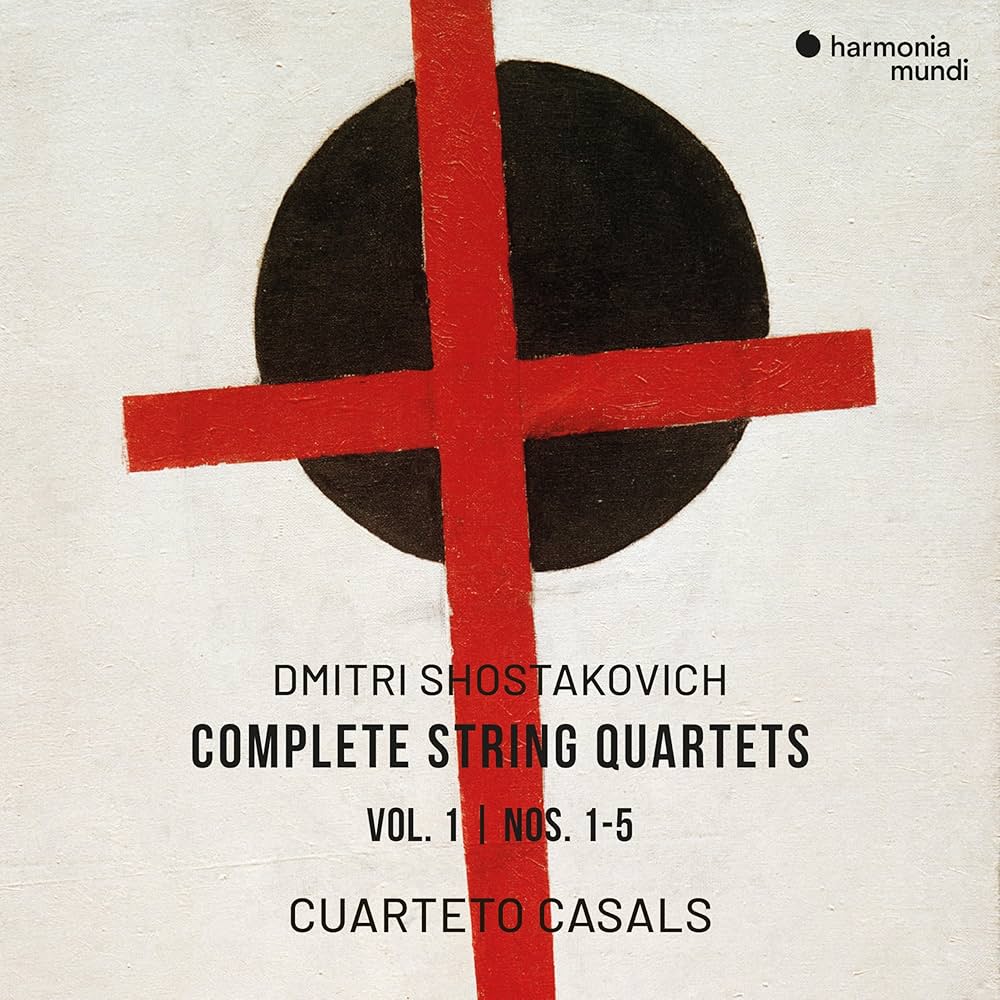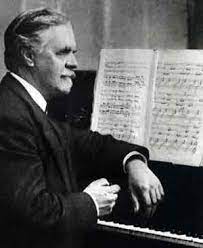by Stephanie Manning

December has arrived, and so have the concerts.
This week, Apollo’s Fire begins their “Wassail!” holiday concerts, while the Cleveland Jazz Orchestra presents “Have Yourself a Kate Reid Christmas.” Joyce DiDonato and Kings Return visit Tuesday Musical, while two pianists visit Severance Music Center: Kirill Gerstein, for a recital, and Emanuel Ax, for a concerto with The Cleveland Orchestra.
Plus, Oberlin Conservatory hosts a packed schedule of performances and events, all leading up to their presentation of the opera Omar this Friday and Sunday.
For more details on these events and more, visit our Concert Listings.
RECENT RECORDING:
Missed the Cuarteto Casals when they visited the Cleveland Chamber Music Society last month? Or want to hear their music-making again?
The string quartet’s latest album, Shostakovich: Complete String Quartets, Vol. 1, has garnered praise from The New York Times. “These players let this music breathe a bit, and the results are bracing,” writes David Weininger. “The Casals should be commended for leaving a different aesthetic and emotional imprint.” Read the article here.
TODAY’S ALMANAC:
by Mike Telin

d’Indy’s talents as a composer caught the attention of César Franck, and in 1872, he became Franck’s pupil at the Paris Conservatory where he remained until he joined the percussion section of the orchestra at the Châtelet Theatre in 1875. Along with Charles Bordes and Alexandre Guilmant, d’Indy founded the Schola Cantorum de Paris in 1894, becoming principal in 1904.
d’Indy’s students included Albert Roussel, Joseph Canteloube, who would later write his biography, Arthur Honegger, and Darius Milhaud. His student roster also included Cole Porter — who left the school after a few months, and Erik Satie. Satie would later write: “Why on earth had I gone to d’Indy? The things I had written before were so full of charm. And now? What nonsense! What dullness!”
Although few of d’Indy’s works have become staples of the repertoire, his best known pieces include the Symphony on a French Mountain Air for piano and orchestra and Istar, a symphonic poem in the form of a set of variations. He also was responsible for reviving forgotten Baroque works — he created his own edition of Monteverdi’s L’incoronazione di Poppea.
In his 1906 composer profile for The Etude, Edward Burlingame Hill writes: “It is too soon even to predict d’Indy’s ultimate rank as a composer. In mastery of technique, in vividness of expression, he stands very high; his originality and power are incontestable, while his reverent devotion to the memory of Cesar Franck by word and deed is without parallel in this self-seeking age.”
Perhaps history has been the judge.
Click here to listen to Symphony on a French Mountain Air. Recorded in 1958, the performance features pianist Robert Casadesus and the Philadelphia Orchestra under the direction of Eugene Ormandy.



